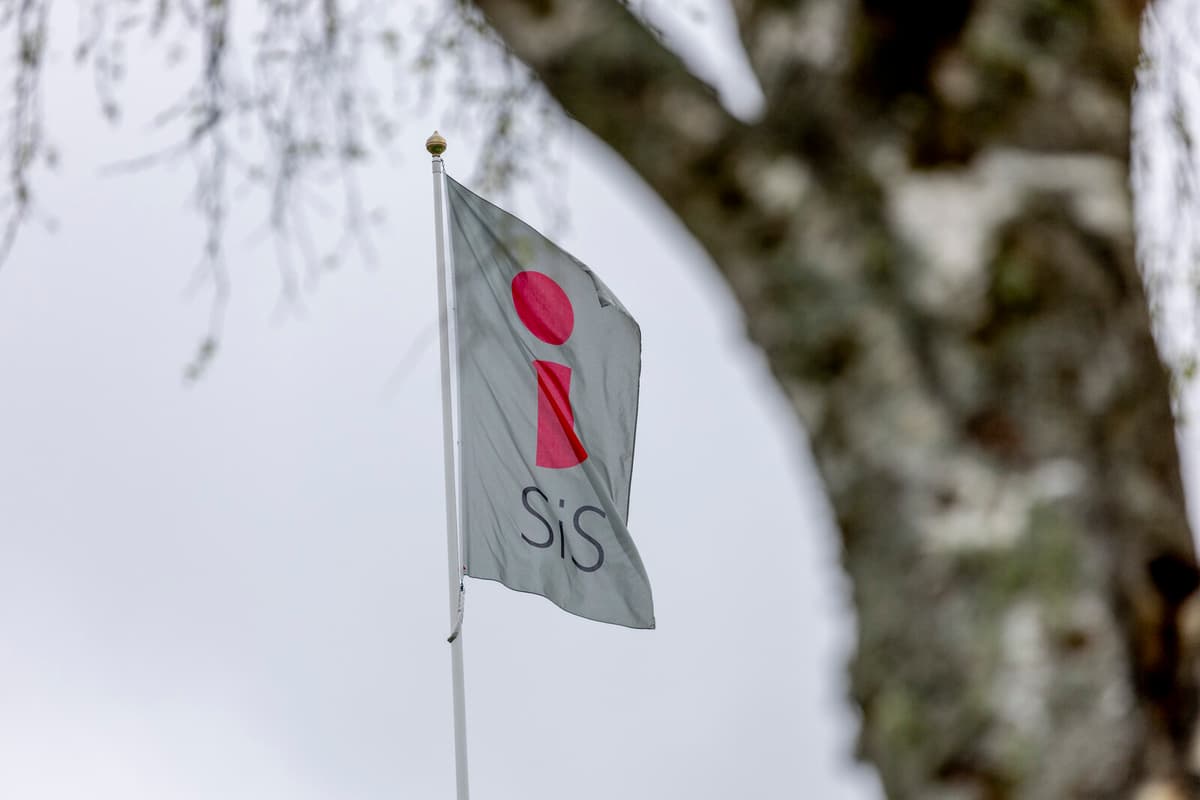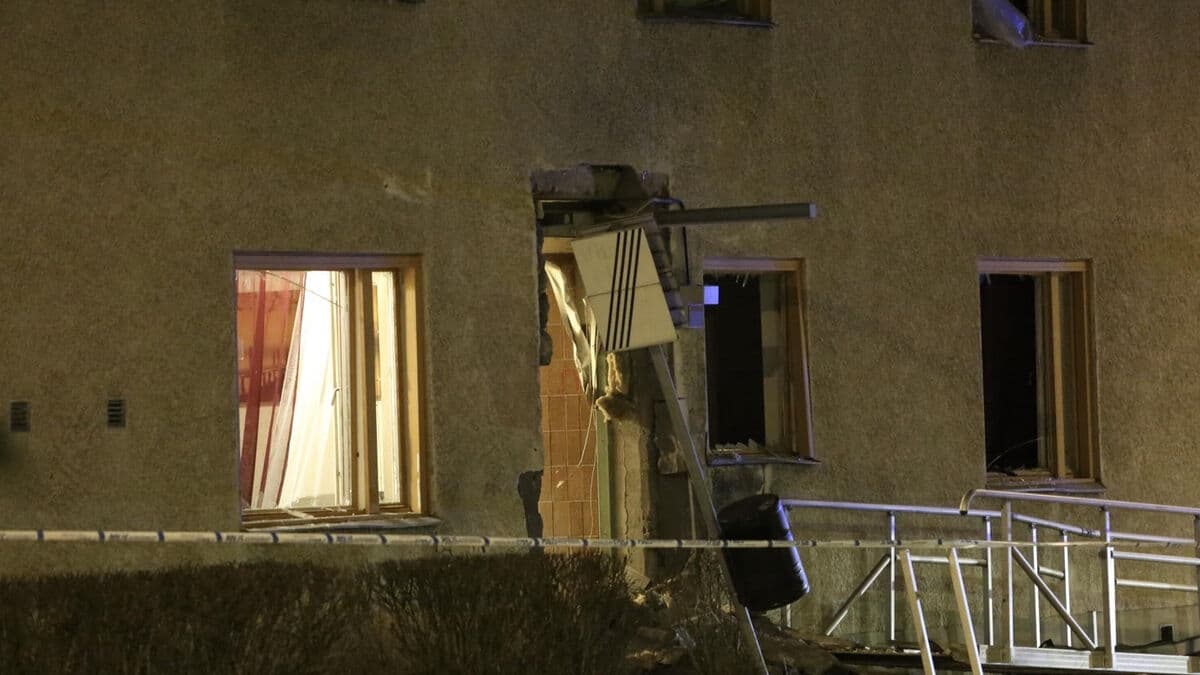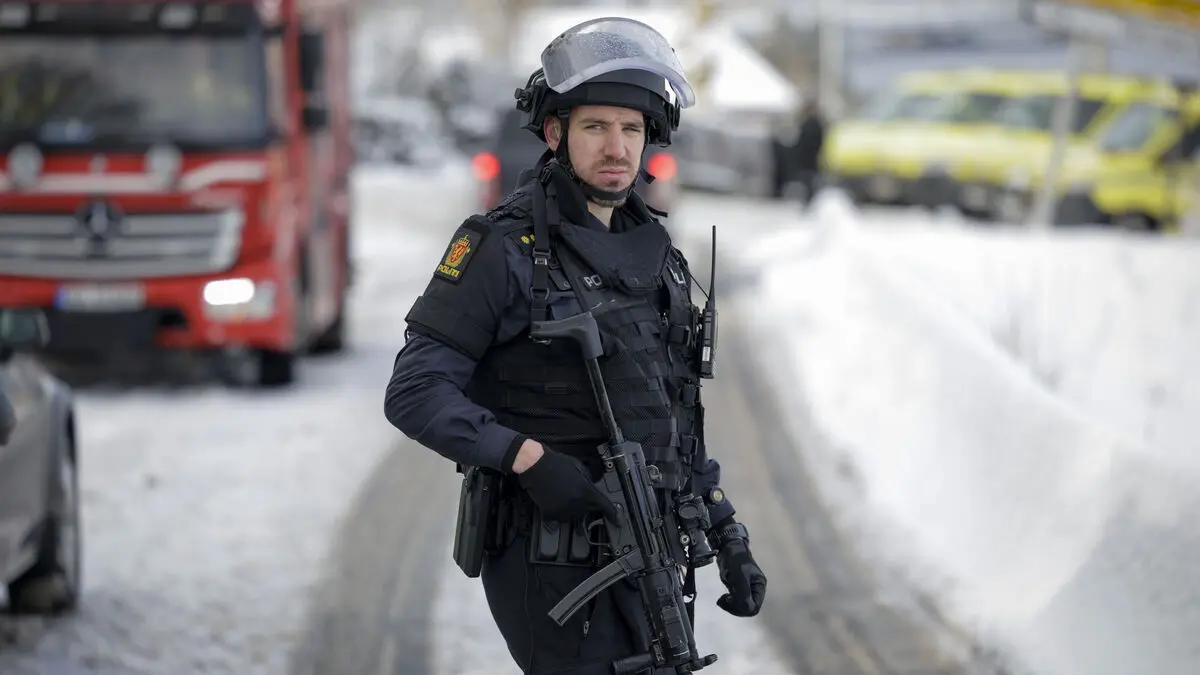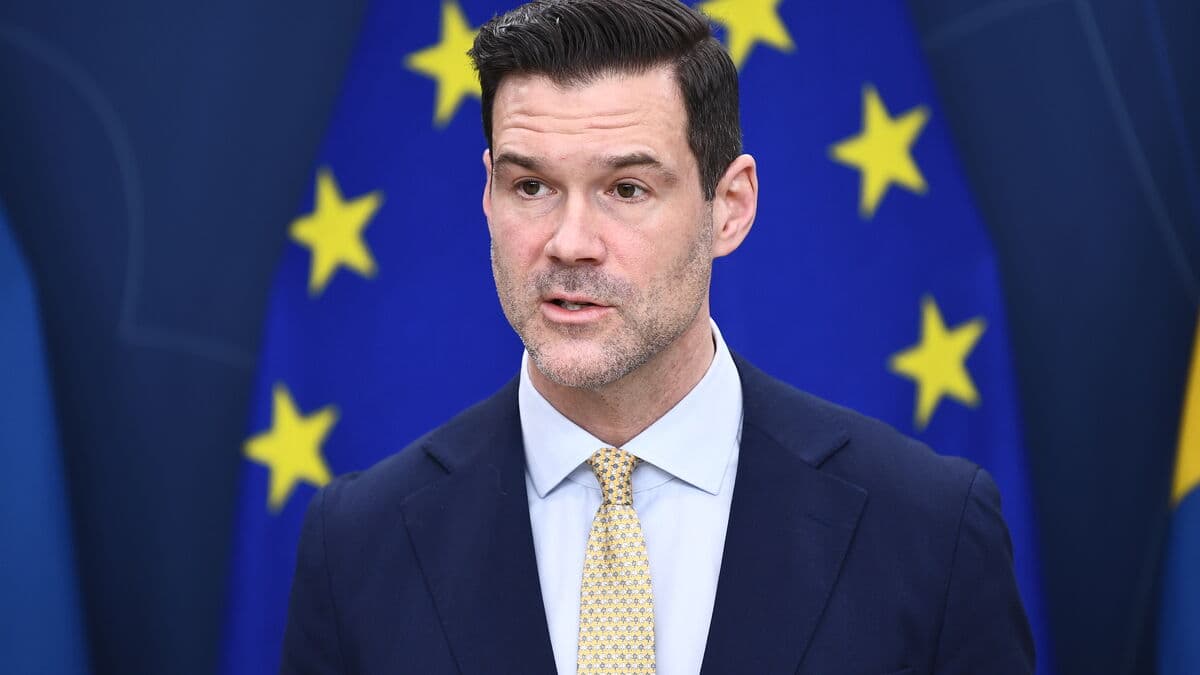It was last week that Sis, the National Board of Institutional Care's special youth homes, came up with new statistics showing that both the number of escapes from the homes and violence against staff and between young people have decreased during the first six months of the year.
The children's rights organization Barnrättsbyrån, which works to ensure that children and young people receive the right help from society, reacts strongly to Sis' new figures.
We want to nuance the picture, says Secretary General Elin Wernquist.
”Record-high levels”
Statistics for the number of so-called separations and "not completed separations" were not presented, those figures are in a different documentation system.
By separation is meant that staff lock children in an isolation cell if the child has "ongoing violent behavior". Since children with such behavior are not likely to voluntarily go to the isolation cell, it involves physical intervention. The staff use various forms of "pain-inducing grip techniques".
In 2024, 1,705 separations and "not completed separations" were carried out, according to Barnrättsbyrån's study, which is based on Sis' documentation.
Violence against children by staff through separations has increased in recent years and 2024 was at record-high levels. It is remarkable that Sis does not highlight this in their reporting, says Wernquist.
There may be situations where you need to make physical interventions, when there is a risk to life. But according to our study, a very large part of the interventions are made at times when it is not justifiable according to the law. They use interventions in everyday situations, as a method of upbringing.
Dangerous situations
In a written comment to TT, Sis' youth care director Birgitta Dahlberg says that separation is a legally regulated coercive measure that can only be used when nothing else works and when it is absolutely necessary, and that separation is an appealable administrative decision.
"We are working actively with other methods to prevent conflicts and create security, such as conversations, conflict management and supportive measures. The fact that staff intervene in dangerous situations is part of our mission and does not necessarily mean that the environment is insecure - on the contrary, it aims to create security for all".
Facts: Sis-homes
TT
The National Board of Institutional Care (Sis) is responsible for national child and youth care.
Sis runs 21 special youth homes and the agency has about 4,000 permanent employees.
Most children and young people are cared for under the Care of Young People Act (LVU), which is used when the young person or guardians do not consent to care. Young people who have committed serious crimes and are serving their sentence in closed youth care are also placed in special youth homes.
One of Sis' powers is "separation", which means that staff have the right to lock children in a special room or isolation cell if they have "ongoing violent behavior" according to the law.
Ivo has criticized Sis for using separations without legal support and the entire procedure has been criticized by several children's rights organizations.
The government has announced that Sis will be closed down and reformed into a completely new agency, more focused on care and treatment, since young offenders from 2026 will be placed in youth prisons instead.
Source: Sis, Ministry of Social Affairs






